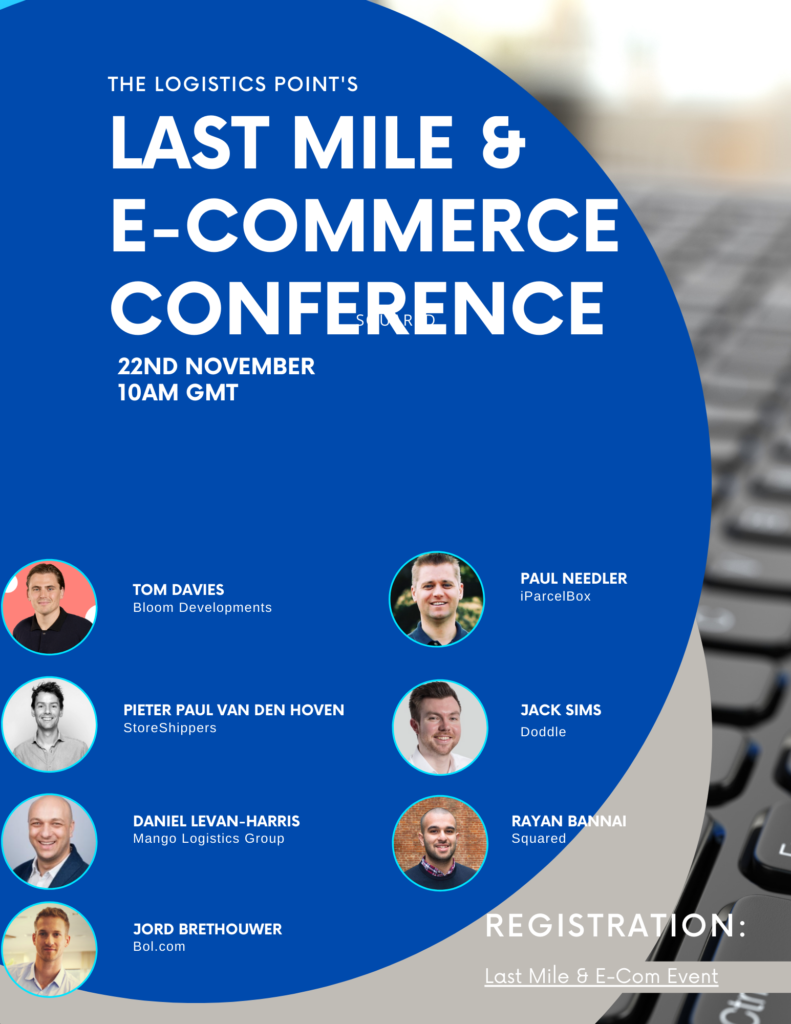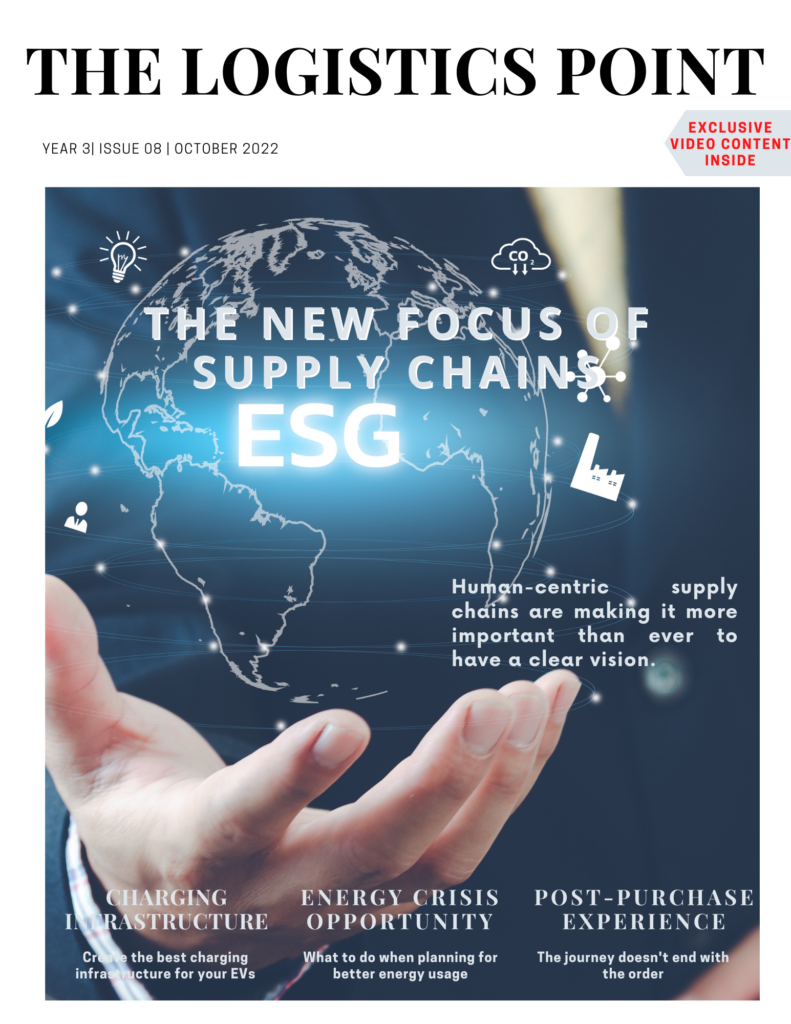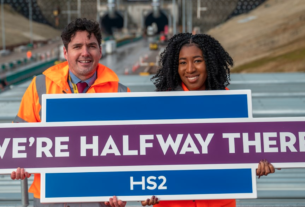From Leaders in Logistics 2022: Last Mile
We often speak about the importance of visibility as a way for companies to better control what is happening throughout their networks. But there is another reason why visibility is so important. Consumers are becoming obsessed with how much they are told about their deliveries. Being able to track every single step along the way is more important for them than ever.

‘Consumers are obsessed with where drivers are and whether they will make it in the time window promised,’ said Elaine Kerr, CEO DPD UK, during her opening keynote at Leaders in Logistics 2022: Last Mile. Kerr looked deep at why logistics companies are investing in their traceability and what are the benefits for the consumer. ‘Everyone is refreshing pages to make sure the driver is on their way. Consumers want trust and insurance,’ Kerr continued.
Personallisation is also becoming a key differentiating factor. ‘We saw a lot of new customers going straight online during the pandemic, with the requirement to have a more personalised experience,’ explained Andrea Abegg, Vice President Global Distribution & Logistics, The Estée Lauder Companies. She said that retailers do not see themselves as last mile experts and want to know about what challenges logistics is experiencing. Retailers are also in communication with consumers and they can feed that information back to logistics.
Environmental Anxiety
More people are looking at what is the impact on the environment and how they can better control it. ‘There is a need for standardisation on how to measure emissions on an end-to-end area,’ Tim Bennett Head of Operations Development, Royal Mail Group. According to Simon Batt, Chief Executive Officer, Asendia UK, 70% consumers say that addressing climate change is more important than ever.
This means people are open to the idea of slower delivery. 43% would opt for next day delivery, if it is better for the environment.

The return issue
‘Customers are continuing to buy online but we need to make it competitive after the purchase. Delivery choices around speed, location, sustainability and returns are all becoming a differentiator,’ explained Andrea Abegg. Customers are looking at how easy it would be to return some products at the check-out. Especially if it is a product they have not used before.
According to Tim Bennett return pain points are getting a bit easier but only when we are not looking specifically at the crossborder trade. ‘People have an appetite to have From-Door-Returns,’ said Sebastian O’Keefe, EVP of Growth, Stuart.
James Marley Enterprise Director Zonos pointed at how returns affect crossborder trade, picking on what Royal Mail had to say. ‘Consumers are struggling with whether they are using a domestic website or not and some give up on their orders because of unknown duties. In Singapore, a number of shipments are being returned because people are not aware of the duties before they get the order.’
Thinking twice
Overall, the conclusion around fast and cheap delivery and returns, is that people would need to either pay more or think twice. ‘It was very clear Q-commerce was a very unsustainable model. If you want fast deliveries, you need the network to support it. Tools can help consumers to think more about whether they really need something very fast,’ Sebastian O’Keefe commented.

